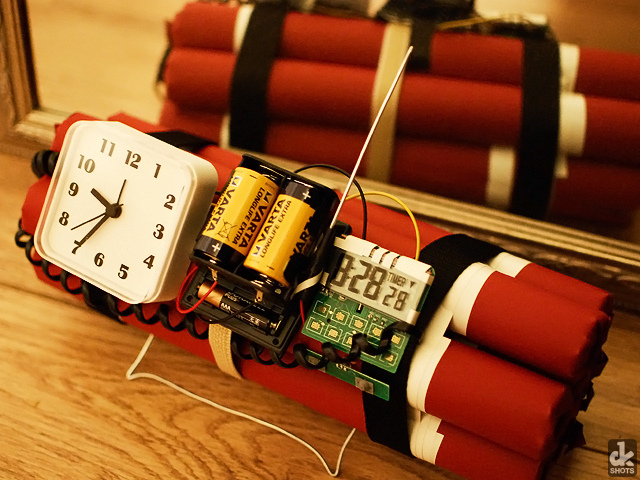How to Prepare for a Negotiation When You Don’t Have the Time
“I’ve got to negotiate with someone in 30 minutes. What should I do?”
My usual response to this question is, “stall.” Postpone the meeting, call in sick, delay at all costs. Negotiating without enough preparation is not negotiating. It’s throwing yourself on the mercy of Fate and hoping Rhetoric is in your corner today.
The real meat of a negotiation is in the preparation. That’s where fortunes are won or lost, not in the room talking to the other person.
But what if you can’t stall? What if you have to negotiate when you don’t have the time to prepare? What should you do then?
1. Reset Expectations
This is not a negotiation meeting. This is an information gathering meeting.
You are going to that meeting to collect as much information about what the other side wants and why they want it as you possibly can. You are going to share information that will help them better understand your interests.
You will not make an offer or a counter offer or agree to anything. If pushed, you will say, 100 times if necessary, “I don’t know; I’ll have to think about that and get back to you.”
2. Focus & Breathe
If you’re going to gather helpful information you’ll need to know what’s helpful. So grab a pen and a piece of paper and start a timer for 7 minutes. Use that time to write out everything you don’t know about the negotiation. It can be anything from, “Is what they’re offering a good price?” to “What is the timeline?” If you don’t know it, write it down.
When the timer stops, look at what you’ve written and see if there are any themes. Pick either the three biggest themes or the three biggest questions. Your job in the negotiation is to gather info about these three things.
Now breathe. Because you’re probably not. And if you are, it’s shallow breaths from your chest that will keep you alive but won’t actually help you tackle this negotiation. Make yourself breathe from your diaphragm. Nice, deep belly breaths. Those are the breaths that will help you think and calm your nerves.
3. Listen More Than You Talk
When the meeting starts, after the small talk is taken care of, play this game: how long can you go without saying anything? If you’ve never played this game before, shoot for at least three minutes. That will be difficult, but, trust me, you can do it.
When you finally do talk, do so only after there’s been a period of at least 10 seconds of silence.
When you are talking you cannot listen and when you cannot listen you cannot gather information. Also, we’re social animals. Quiet periods make us uncomfortable. If you don’t rush to fill the quiet pauses, chances are the other person will. And when they do, they’ll likely share information that they think will help you better understand their point of view. Listen.
4. When You Talk, Ask Questions
I realize you will eventually have to talk in the meeting. That’s fine. But try to make most of what you say questions instead of statements.
Ask for information. Ask for clarification. Ask for elaboration. Ask for their best guess as to how they’d react to your hypothetical solution.
When you can’t think of what to ask, try repeating the last thing they said with the inflection of a question.
“And that’s our final offer.”
“Your final offer?”
Asking questions helps you with the first three items on our list and will serve you far better than trying to explain your point of view or correct statements you think they’ve got wrong (both of which you can do just as effectively with questions, fyi).
5. Make Plans to Follow Up
Don’t stretch this meeting out. Remember: you’re just gathering information.
Once you’ve got what you need, tie things up and make plans for when you’ll meet again. Make the meeting as far in the future as you can reasonably justify.
You need time to plan how you’ll negotiate the next time you meet.
Categories: Negotiation Strategy






Thank you for these tips. I find a lot of people actually leave the preparation for negotiations to the last minute and your tips can make it easier for them to keep it together.